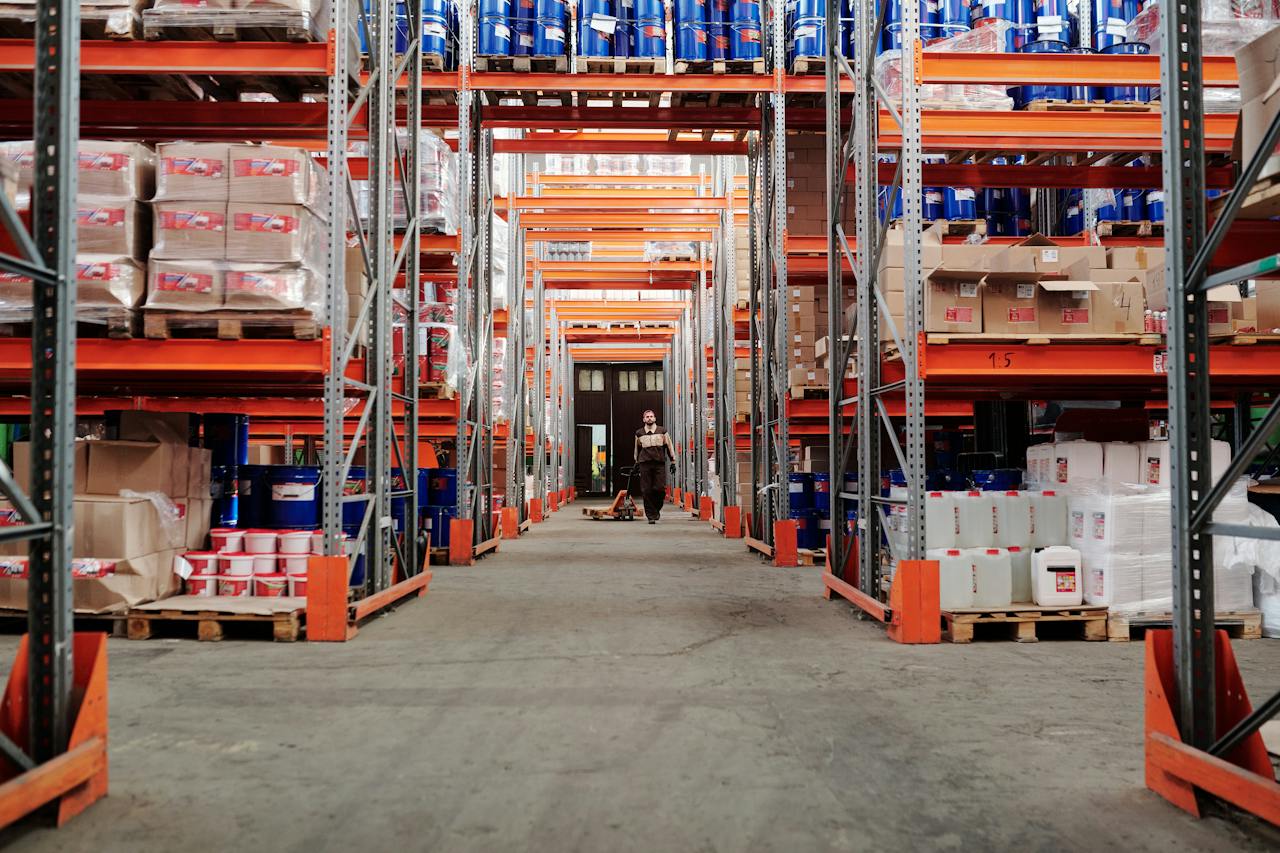Proper storage solutions are crucial for businesses to maintain organisation, efficiency, and productivity. Whether it’s managing inventory, archiving documents, or storing equipment, a well-organised storage system can greatly impact the overall operation of a business. This guide provides comprehensive storage tips for businesses, including the use of storage units, to optimise space utilisation and enhance workflow.
Understanding Your Storage Needs
The first step in optimising storage is to assess your business’s specific needs. Storage units in Glasgow offer safe and efficient spaces for your business storage needs. From simple products to temperature-controlled units, you can find the unit that you’re looking for.
Inventory Analysis
Evaluate the type and volume of items you need to store. Consider factors like size, weight, frequency of access, and special storage conditions (e.g., temperature or humidity control).
Space Assessment
Determine how much space is available for storage in your business premises. Consider vertical space and unused areas that could be transformed into efficient storage solutions.
Organising and Categorising Inventory
An organised inventory system is key to efficient storage and retrieval.
Labeling and Categorising
Clearly label and categorise items for easy identification. Group similar items together and use color-coding or numbering systems for quick access.
Implementing Inventory Management Software
Inventory management software is a great and efficient way of keeping track of stock levels, monitor trends, and automate reordering processes.
Utilising Vertical Space
Maximising vertical space can is a great way of significantly increasing your storage capacity.
Shelving and Racking Systems
Invest in sturdy shelving and racking systems that can safely hold your inventory. Adjustable shelves are ideal for accommodating items of various sizes.
Overhead Storage Solutions
Explore overhead storage options such as ceiling-mounted racks or hanging systems for items that are infrequently accessed.
Storage Units for Additional Space
When on-site storage is insufficient, renting a storage unit can be an effective solution.
Benefits of Storage Units
Storage units provide secure, off-site space for storing excess inventory, seasonal items, or equipment. They come in various sizes and often offer features like climate control and 24/7 access.
Choosing the Right Storage Unit
Select a storage unit based on size, location, security features, and cost. Consider proximity to your business for ease of access.
Efficient Use of Space
Maximising the efficiency of your storage space is essential for operational effectiveness.
Space-Saving Storage Solutions
Utilise space-saving solutions like stackable bins, drawer organisers, and compact shelving units. Mobile storage systems can also offer flexibility and maximise floor space.
Regularly Review and Rearrange
Periodically review your storage layout and make adjustments as needed. This ensures that frequently used items are easily accessible and unused space is minimised.
Safe and Secure Storage Practices
Safety and security are paramount in business storage.
Ensuring Safe Storage
Ensure that heavy items are stored at lower levels and that shelving units are securely anchored. Provide safe access to high shelves, such as ladders or step stools.
Security Measures
Implement security measures such as locks, alarms, and surveillance cameras, especially for valuable inventory. In storage units, choose facilities with robust security features.
Document and Record Storage
Proper storage of documents and records is critical for legal compliance and information retrieval.
Archiving Systems
Set up an organised archiving system for physical documents. Use filing cabinets, labeled boxes, and document management software for digital records.
Off-Site Document Storage
Consider off-site storage facilities for archival documents that are not regularly accessed but need to be retained. Ensure these facilities offer secure and climate-controlled environments.
Technology and Equipment Storage
Storing technology and equipment requires special consideration to prevent damage.
Climate-Controlled Storage
Store sensitive equipment and technology in climate-controlled environments to protect against temperature and humidity fluctuations.
Organised Workstations
Create organised workstations with designated storage for tools and equipment. This not only keeps items secure but also improves workflow efficiency.
Disposal and Donation of Unused Items
Regularly assess your inventory and dispose of or donate items that are no longer needed.
Responsible Disposal
Dispose of outdated or broken items responsibly. Recycle materials whenever possible.
Donating Excess Inventory
Consider donating excess inventory to charitable organisations. This not only clears space but also supports community initiatives.
Conclusion
Effective storage strategies are essential for the smooth operation of any business. By understanding storage needs, organising inventory, utilising vertical space, leveraging storage units, and ensuring safe and secure practices, businesses can optimise their storage solutions. Regular review and adaptation of storage systems are crucial to accommodate changing business needs and maintain efficiency. Implementing these storage tips can lead to a more organised, productive, and streamlined business environment.


